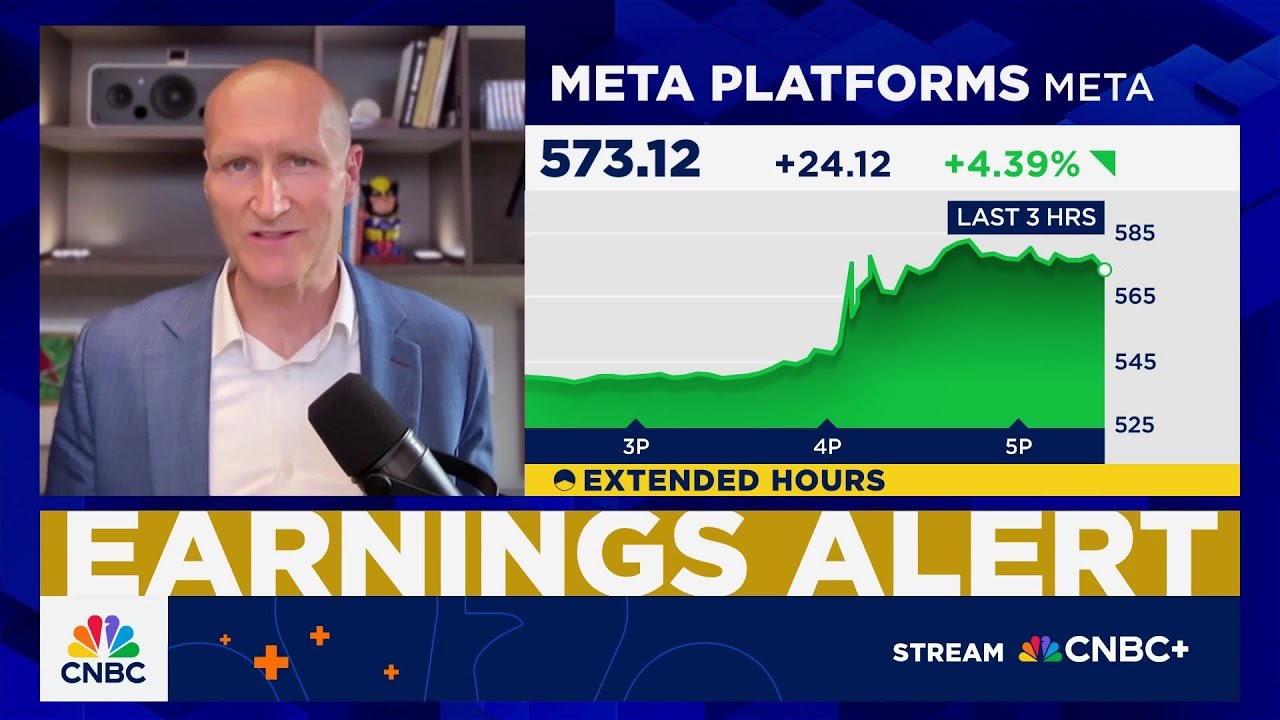Meta is demonstrating tangible progress in AI investment, with increased user engagement, revenue growth, and strategic CapEx spending driven by AI tools like the open-source Llama model. Experts like Gene Munster highlight that Meta’s focus on AI is already delivering better ad monetization and user interaction, positioning the company as a leader in AI-driven social media and digital advertising.
In the video, Meta’s CEO Mark Zuckerberg reports positive developments during the company’s conference call, highlighting the significant impact of artificial intelligence (AI) on their business. Zuckerberg raised the company’s revenue guidance by 3%, driven by increased user engagement facilitated by AI tools, which have boosted engagement rates from 7% to 30%. This surge in engagement demonstrates how AI is directly contributing to Meta’s growth and revenue generation, providing tangible examples of AI’s effectiveness within the company’s operations.
Gene Munster from Deepwater emphasizes that Meta is investing aggressively in AI, with a focus on five key growth areas, all of which incorporate AI components. He notes that Meta’s increased capital expenditure (CapEx), which has risen by 9%, reflects the company’s commitment to leveraging AI for expansion. Munster views this increased investment as a positive sign, indicating that Meta is strategically allocating resources to capitalize on AI’s potential, and expects the company’s stock to continue gaining strength based on these developments.
The discussion also touches on Meta’s AI models, particularly Llama, which is open-source and used for various applications like content creation and business messaging. Munster explains that while Llama’s capabilities are more limited compared to closed models from OpenAI or Gemini, it still serves important functions such as improving ad engagement and acting as an AI companion. He highlights that Meta’s AI tools are effectively increasing user engagement, with daily active users rising by 6% annually and 5% last quarter, despite the challenge of reaching a massive user base of nearly 3.4 billion people.
Munster points out that Meta’s strategic use of AI is already showing results in better ad monetization and user interaction. The company’s ability to serve ads more effectively and create engaging content through AI tools is helping to sustain growth, even as the overall user base growth slows. The focus on AI-driven engagement and monetization strategies positions Meta as a leader in leveraging artificial intelligence for social media and digital advertising.
Overall, the video underscores Meta’s tangible progress in AI investment, with clear evidence of increased engagement, revenue, and strategic CapEx spending. Zuckerberg’s optimistic outlook, combined with Meta’s focus on AI development and deployment, suggests that the company is well-positioned to continue benefiting from AI innovations. Munster concludes that Meta’s approach and results are noteworthy in the broader tech landscape, especially as other companies like Microsoft and Qualcomm also report on AI-related investments and performance.
